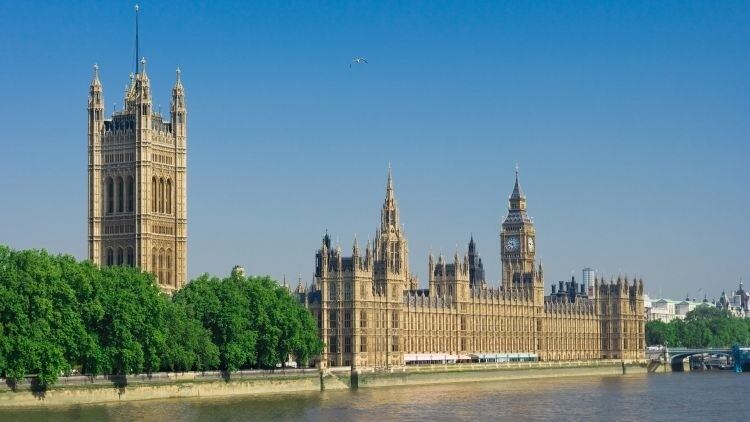The 11th Future Shock report titled Future Shock – Leaving Covid Behind was compiled by UKHospitality (UKH) and CGA.
Like-for-like sales in the sector are back to 2019 levels, buoyed by takeaway and delivery sales which are up 107% in May 2022 versus May 2019. There has also been a 1% net increase in the number of licensed premises in the UK between December 2021 and May 2022.
In less positive news, one in seven hospitality jobs are now unfilled, which is impeding business to the tune of 16% of revenues, according to the report.
Nearly half (45%) of businesses had reduced trading hours and a third have had to close for at least a day. This is despite 77% of operators increasing pay to retain and attract staff, resulting in an 11% increase in average pay levels for hospitality staff over the last year.
Difficult times
UKH chief executive Kate Nicholls said: “The sector has proved its value to consumers post-pandemic, with sales back to 2019 levels but the labour shortage, inflationary cost pressures and dropping consumer confidence make it extremely difficult for any business to achieve real-terms year-on-year growth at the moment and there is little prospect of a respite on the horizon.
“Operators will continue to work hard and creatively to meet these challenges and with positive action from Government, such as root and branch reform of business rates, a system that disproportionally taxes hospitality, the sector will be able to drive investment in local economies, create jobs and play a full part in the UK’s economic recovery.”
The rise in labour costs is just one of the cost price pressures affecting businesses in the sector, with 93% of hospitality operators reporting higher energy costs, for instance.
At the same time, year-on-year inflation was running at 10% in the first quarter of the year, with little prospect of a drop in the near future and four in five (83%) business leaders in the sector reported being concerned about ongoing foodservices price rises.
Hard at work
What’s more, with energy costs set to soar again in Autumn, four in five of consumers think they will have to reduce their visits to hospitality venues as the cost-of-living crisis bites.
CGA, EMEA hospitality operators and food director Karl Chessell said: “More than two years on from the start of the pandemic, the worst of its impacts are now hopefully behind us. CGA by NielsenIQ’s research in this latest edition of Future Shock highlights how hospitality has worked hard to establish a new normal, with sales running close to pre-Covid levels and closures of licensed premises easing.
“Hospitality remains a very attractive sector to consumers and investors alike, and appetite for the experiences it provides is undiminished.
“However, while underlying demand is high, inflationary pressures are now squeezing consumers’ spending and hurting both profit margins and investment plans.
“Severe shortages of staff will continue, and business confidence – which was solid at the start of the year – has been impacted.
“These challenges are largely out of hospitality’s hands and while the sector received solid support during the pandemic from the Government, which rightly recognised its importance to the UK economy, it deserves more help now.”




